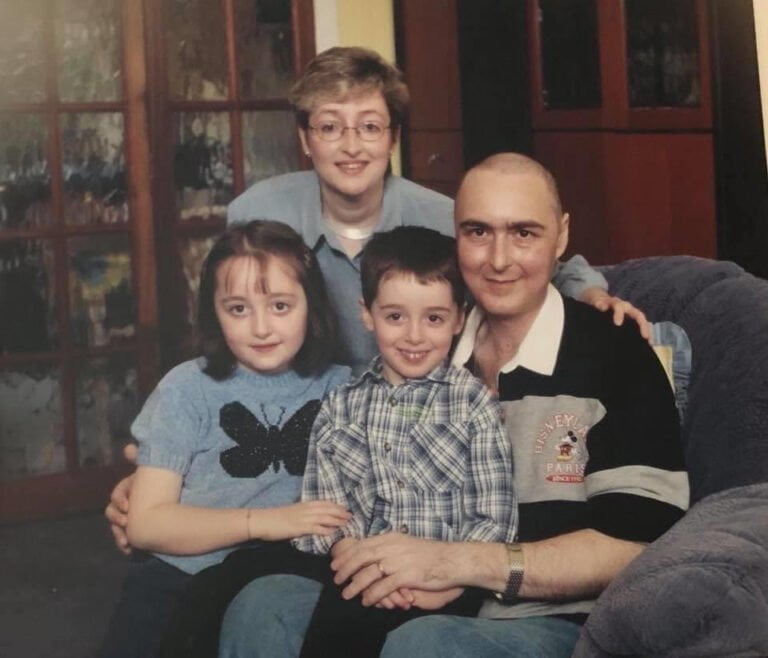-
9AM - 5PM
Moving Through Pain and Guilt: The 2nd Stage of Grief
Learn to manage the intense emotions of pain and guilt experienced during the second stage of grief.

As we continue our exploration of the different stages of grief, we arrive at the second stage: pain and guilt. This stage is characterised by the intense emotions that arise as the reality of the loss begins to sink in. In this article, we will discuss the emotions experienced during the second stage of grief and provide strategies for managing feelings of pain and guilt.
Understanding Pain and Guilt
In the second stage of grief, the initial shock and denial begin to fade, and the raw emotions of pain, sadness, and guilt emerge. It is common to feel overwhelmed by these emotions as we start to fully comprehend the magnitude of our loss. We may also experience feelings of guilt, questioning if there was something we could have done differently to prevent the loss.
Coping Strategies for Pain and Guilt
- Accept your feelings: Acknowledging and accepting your feelings of pain and guilt is a crucial step in the healing process. Try not to judge yourself for having these emotions, and remember that they are a natural part of the grieving process.
- Seek support: Reach out to friends, family, or a professional grief counsellor for support during this stage of grief. Sharing your feelings with others can help to alleviate the burden of pain and guilt.
- Practice self-compassion: Be gentle with yourself as you navigate through this difficult stage of grief. Remind yourself that you are doing the best you can and that it is okay to feel the emotions you are experiencing.
- Challenge guilt: When feelings of guilt arise, take a step back and objectively evaluate the situation. Ask yourself if the guilt is warranted, or if it is a manifestation of your grief. If you find that the guilt is unfounded, remind yourself that you did the best you could with the information and resources available to you at the time.
- Engage in healing activities: Find activities that bring you comfort and help you process your emotions, such as journaling, meditation, spending time in nature, or engaging in creative pursuits like art or music.
- Create rituals to honour your loss: Develop rituals or ceremonies to honour the memory of your loved one or the loss you have experienced. This can help you to process feelings of guilt and pain, and provide a sense of closure.
Moving Forward
As you move through the pain and guilt stage of grief, it is important to remember that these emotions are a natural part of the healing process. By utilising the coping strategies outlined in this article, you can begin to manage your feelings of pain and guilt, and continue on your journey towards healing and acceptance.
In the upcoming articles, we will delve deeper into each stage of the grief process, offering compassionate guidance and support for those experiencing loss. Remember, there is help available, and you do not have to face this journey alone.
If you’re in need of someone to talk to, don’t hesitate to reach out and contact me.



